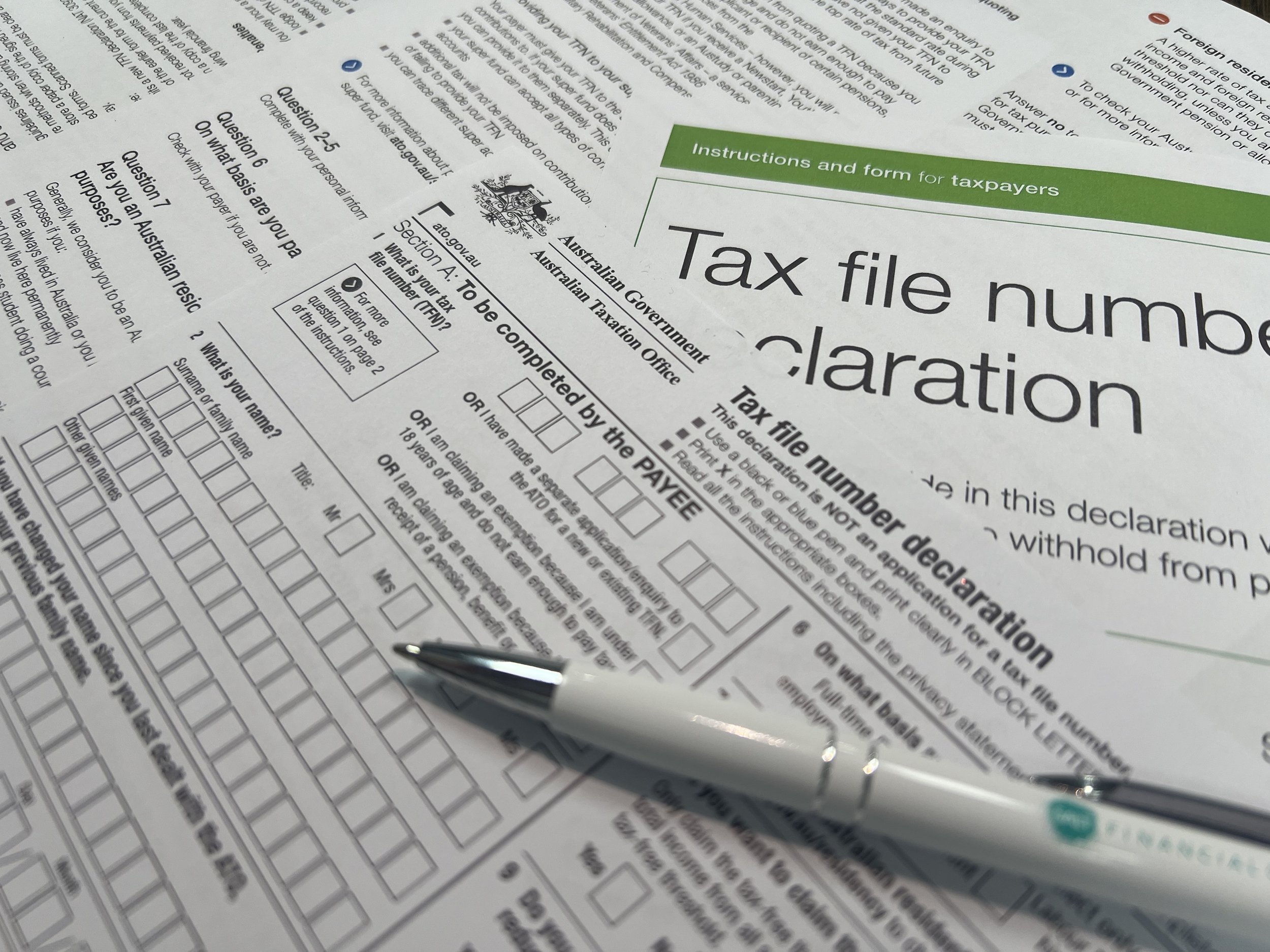ATO Penalties and Interest: What You Need to Know in 2024
Written by Dylan Sinclair & Julie Jung
The Australian Taxation Office (ATO) has a well-established framework for managing penalties and interest, designed to ensure that individuals and businesses comply with their tax obligations. In 2024, the ATO has taken a more stringent approach to penalties and interest, reflecting its commitment to maintaining the integrity of the tax system. Understanding these changes is crucial for taxpayers who want to avoid costly mistakes.
Types of ATO Penalties
The ATO imposes penalties for a range of tax-related infractions, including:
Failure to Lodge on Time (FTL) Penalty: This is imposed when a taxpayer fails to lodge a tax return, activity statement, or other required documents by the due date. The penalty is calculated based on the size of the entity and the length of the delay. For example:
For small businesses or individuals, the penalty is $313 for each 28-day period that the document is overdue, up to a maximum of five penalty units ($1,565).
For medium and large entities, the penalty is multiplied by two or five times the base rate, respectively.
False or Misleading Statements Penalty: If the ATO determines that a taxpayer has made a false or misleading statement on their tax return, they can impose a penalty based on the severity of the error. This penalty is calculated as a percentage of the shortfall amount, ranging from 25% for a lack of reasonable care to 75% for intentional disregard of the law.
Failure to Withhold Penalty: Employers who do not withhold the correct amount of tax from payments to employees or contractors may face a penalty. The penalty amount is typically equal to the amount of tax that should have been withheld.
Interest Charges
In addition to penalties, the ATO applies interest charges to unpaid tax debts to compensate the government for the time value of money and to encourage prompt payment. The main types of interest charges are:
General Interest Charge (GIC): GIC is applied to unpaid tax liabilities and shortfall amounts. The GIC rate is updated quarterly and is calculated daily. The current GIC rate for the 2024-25 income year is 11.36% per annum, though this rate can vary slightly each quarter.
Shortfall Interest Charge (SIC): This applies when there is a shortfall in tax payments due to an amended assessment. The SIC rate is generally lower than the GIC rate, reflecting the fact that the taxpayer may not have been aware of the shortfall. The current SIC rate for the 2024-25 income year is 7.36% per annum.
Recent Updates: ATO's Stricter Enforcement in 2024
In 2024, the ATO has announced a tougher stance on penalties and interest, particularly targeting non-compliance among small and medium-sized enterprises (SMEs) and high-net-worth individuals. Several factors have contributed to this stricter approach:
Increased Detection Capabilities: With advancements in data matching and analytics, the ATO is better equipped to identify discrepancies and non-compliance. This means that taxpayers are more likely to be caught and penalised for mistakes or deliberate non-disclosure.
Focus on Deterrence: The ATO has made it clear that it intends to deter non-compliance through the imposition of higher penalties. This includes not only financial penalties but also public naming of entities that repeatedly fail to meet their obligations.
Less Leniency on Payment Arrangements: While the ATO has historically offered flexible payment arrangements for those struggling to pay their tax debts, they are now more likely to impose penalties and interest from the outset, particularly for repeat offenders or those who fail to engage with the ATO promptly.
Increased Penalties for Late Lodgement: Recent updates have seen an increase in the penalties for late lodgement of tax returns and other documents, particularly for businesses. The ATO has also shortened the timeframe within which penalties can be remitted, meaning taxpayers must act quickly to address any issues.
How to Avoid Penalties and Interest
Given the ATO's stricter enforcement measures, taxpayers should take proactive steps to avoid penalties and interest charges:
Lodge On Time: Ensure that all tax returns, activity statements, and other required documents are lodged by their due dates. Even if you cannot pay the tax owed immediately, lodging on time can help avoid FTL penalties.
Review and Correct Statements: Carefully review tax returns and other statements for accuracy before submission. If you discover an error after lodging, notify the ATO immediately to minimise penalties.
Engage with the ATO Early: If you anticipate difficulties in meeting your tax obligations, contact the ATO as soon as possible to discuss payment arrangements. Early engagement can prevent the imposition of penalties and interest.
Stay Informed: Keep up to date with the latest ATO guidelines and updates to ensure compliance with your tax obligations. The ATO regularly updates its website with information on penalties, interest, and other relevant topics.
The ATO's stricter approach to penalties and interest in 2024 underscores the importance of compliance for all taxpayers. By understanding the types of penalties and interest charges, as well as recent updates to ATO enforcement practices, taxpayers can take the necessary steps to avoid costly mistakes and stay on the right side of the law. Please do not hesitate to contact our team of accountants at Salt Financial Group to ensure you remain compliant with all your tax obligations.

